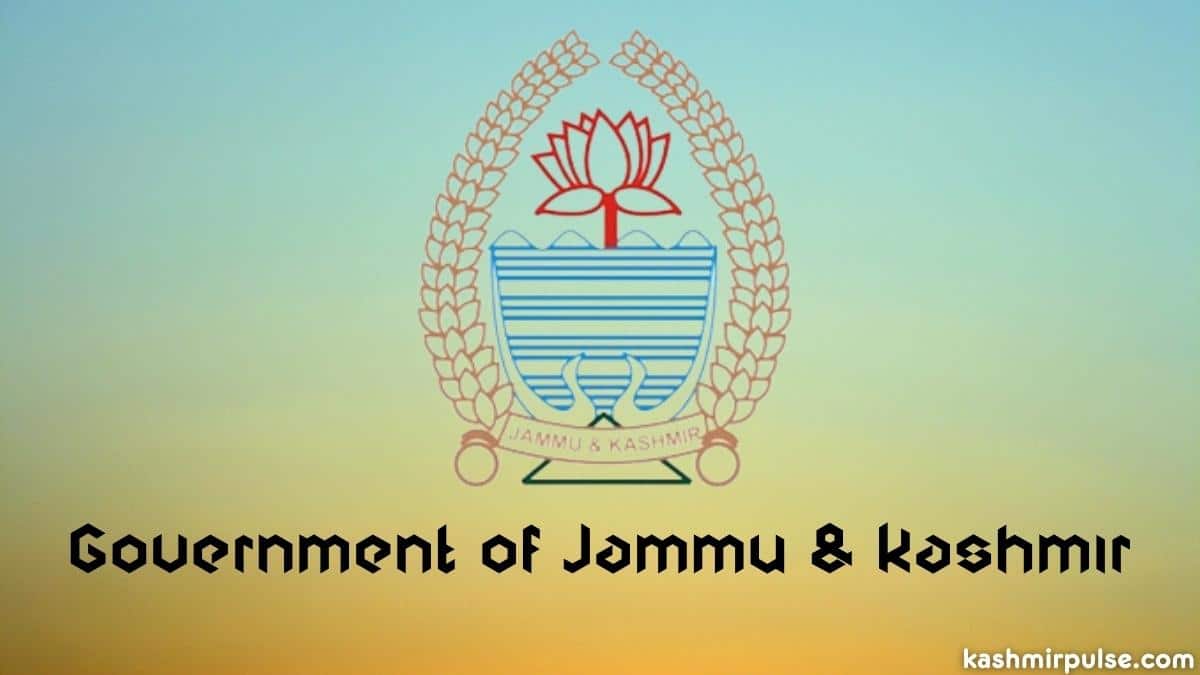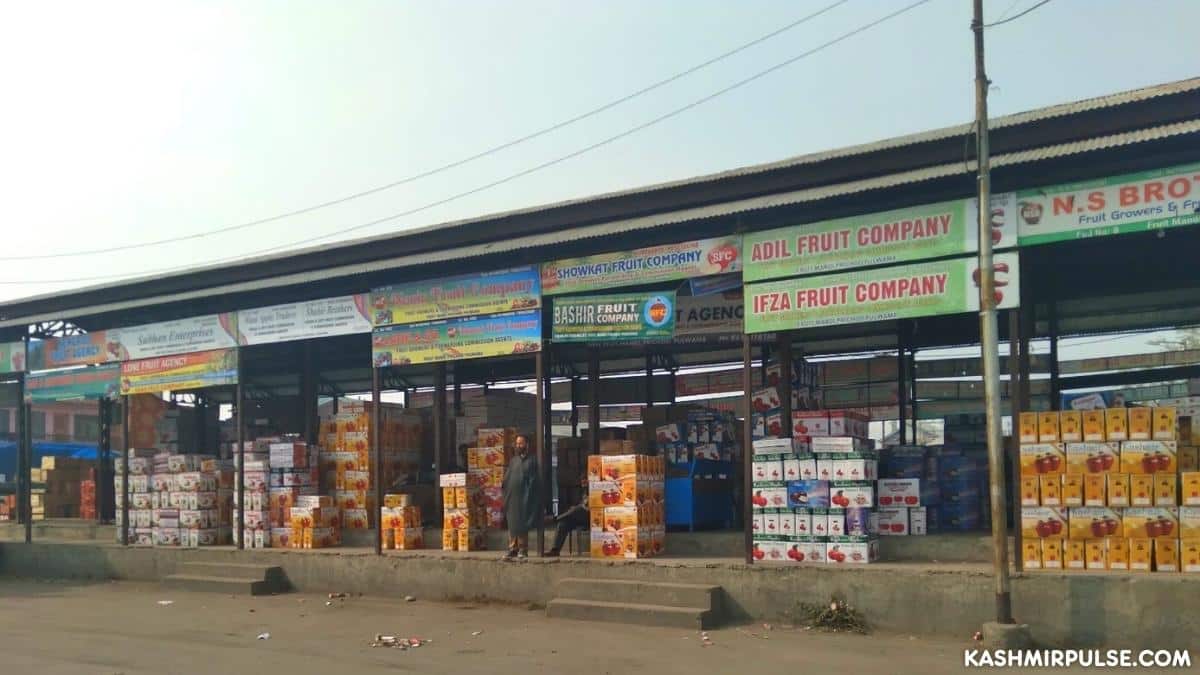Kashmiri farmers embrace exotic apple varieties

SRINAGAR — A remarkable trend is unfolding in Kashmir with farmers and horticulturists embracing exotic apple plant varieties over traditional ones. As per the news agency KNO, this surge in interest is reshaping the agricultural landscape of the region, known for its traditional apple cultivation.
In recent years, there has been a noticeable shift towards cultivating exotic varieties of apples, spurred by changing consumer preferences and evolving market dynamics.
Varieties including Red Velox, Pink Lady, Redlum Gala, Scarlet II, Golden Delicious and Jeromine are ruling the roost in Kashmir these days. These varieties, known for their distinctive flavours, textures, and extended shelf life, are increasingly finding favour among consumers both domestically and internationally.
Aarif Bhat, a progressive farmer from Baramulla district, shares his experience, "I have been cultivating traditional apple varieties for decades, but I decided to diversify my orchard by introducing exotic varieties. The response has been overwhelming, with buyers showing great interest in these apples."
The shift towards exotic apple varieties is not only driven by consumer demand but also by economic factors. Farmers are recognizing the potential for higher returns associated with cultivating these premium varieties.
“A box of Red Velox apples costs almost 30 per cent more than the traditional variety. So, growers are increasingly shifting from traditional to exotic varieties to make more money,” said Mohammad Shahbaz, an apple dealer.
As such various entrepreneurs have emerged in the valley who grow the nurseries of such varieties to sell to growers during the season.
“We grow varieties of apple plants in the nursery. For the last five years, we have been associated with the farming of these varieties and growers come from various districts to buy saplings from our nursery,” said Abdul Quyoom Bhat, an entrepreneur.
Pertinently, the government too is encouraging and promoting the high-density apple plantation in Kashmir to grow the income of farmers.
The Department of Horticulture has set a target to bring 5500 hectares of land under the Modified High-Density Plantation Scheme in Jammu and Kashmir by 2026.
According to government figures, Kashmir exports more than 20 lakh metric tonnes of apples every year, and the horticulture industry is pegged to be worth around 9,000 to 10,000 crore including the employment it generates. Kashmir produces 75 per cent of the total apple production in the country.
This post first appeared on The Kashmir Pulse




